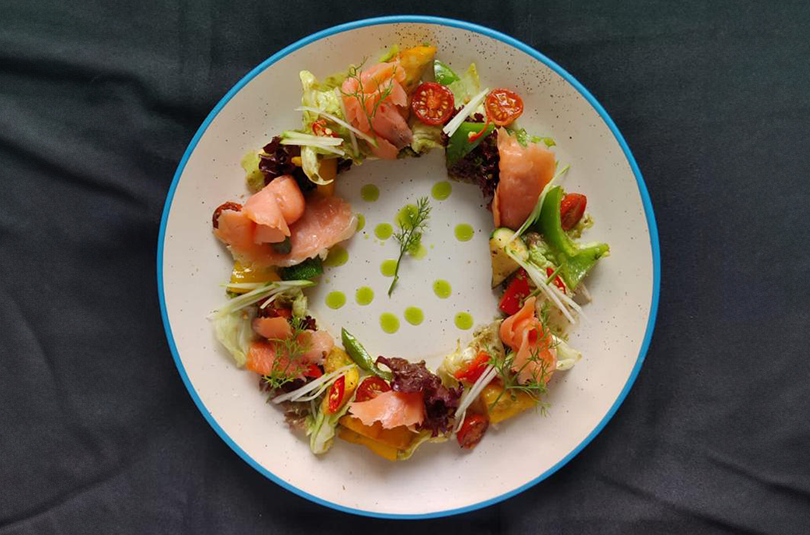Choosing the right culinary course is a critical step in shaping your future career in the culinary arts. India, with its rich culinary heritage and burgeoning food industry, offers a plethora of options for aspiring chefs. Here’s a guide to help you find the right culinary course that aligns with your goals and aspirations.
Identify Your Culinary Interests
The first step in choosing the right culinary course is to identify your specific interests within the culinary field. Are you passionate about baking and pastry arts, or do you see yourself excelling in gourmet cooking and fine dining? Understanding your culinary passions will help narrow down the courses that cater specifically to your interests.
Research Culinary Schools and Programs
India boasts numerous culinary schools, each offering a variety of courses. Start by researching reputable institutions known for their comprehensive and high-quality culinary programs. Look for schools that have a strong faculty, state-of-the-art facilities, and a curriculum that matches your career goals. Online reviews, alumni testimonials, and school rankings can provide valuable insights into the quality of the programs offered.
Consider Course Duration and Flexibility
Culinary courses vary in duration, ranging from short-term workshops to full-time diploma programs. Determine how much time you can commit to your culinary education. If you’re looking for an intensive learning experience, a full-time program might be ideal. On the other hand, if you need to balance your studies with work or other commitments, look for courses that offer flexible schedules, such as part-time or weekend classes.
Evaluate Practical Training and Internships
Hands-on experience is crucial in culinary education. Ensure that the course you choose provides ample practical training opportunities, such as internships or apprenticeships. Real-world experience in professional kitchens not only hones your skills but also enhances your employability. Check if the school has partnerships with renowned restaurants or hotels where you can gain valuable on-the-job training.
Assess the Faculty and Alumni Network
The expertise and experience of the faculty can significantly impact your learning journey. Research the qualifications and backgrounds of the instructors to ensure they have substantial industry experience and a passion for teaching. Additionally, a strong alumni network can be beneficial for future job placements and professional connections. Reach out to alumni to get their feedback on the program and how it has helped them in their careers.
Consider the Cost and Financial Aid
Culinary education can be a significant investment. Evaluate the cost of the courses and compare them with other programs to ensure you’re getting value for your money. Additionally, inquire about financial aid options, scholarships, or installment payment plans that can make the course more affordable.
Visit the Campus
If possible, visit the campuses of the culinary schools you’re considering. A campus visit allows you to experience the facilities firsthand, meet the faculty, and get a sense of the school’s environment and culture. This can be a decisive factor in choosing a school where you feel comfortable and inspired to learn.
Choosing the right culinary course in India is a pivotal decision that can shape your career trajectory in the culinary arts. With a myriad of options available, it’s essential to embark on this journey with careful consideration and thoughtful planning. Whether you’re passionate about baking, gourmet cooking, or pastry arts, the key lies in identifying your specific interests and aspirations within the culinary field. Researching reputable institutions like the Academy of Pastry and Culinary Arts (APCA) is paramount, where comprehensive programs, experienced faculty, and state-of-the-art facilities converge to offer a transformative learning experience.
Consider factors such as course duration, flexibility, practical training opportunities, and internships to ensure that the curriculum aligns with your learning objectives and lifestyle. Assessing the cost of the course and exploring financial aid options can also make your culinary education more accessible. Additionally, connecting with alumni and visiting the campus can provide valuable insights into the school’s culture and environment, helping you make an informed decision.
By meticulously evaluating these factors, you can embark on a culinary education journey that not only hones your skills but also lays the foundation for a successful and fulfilling career in the culinary arts.


